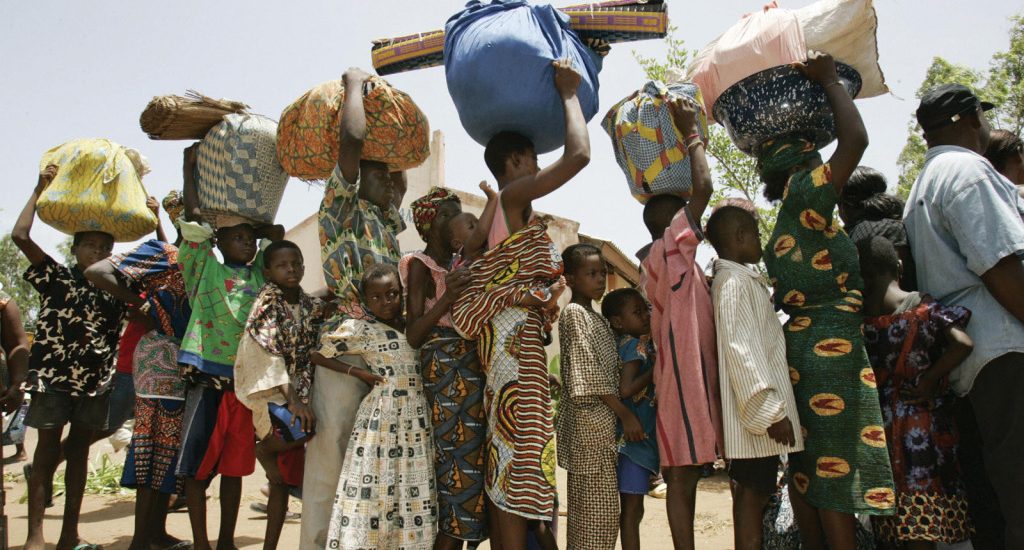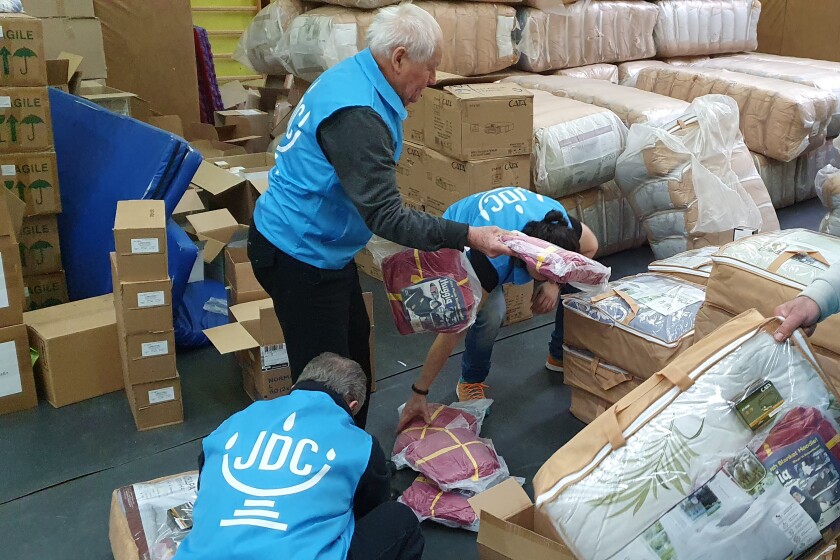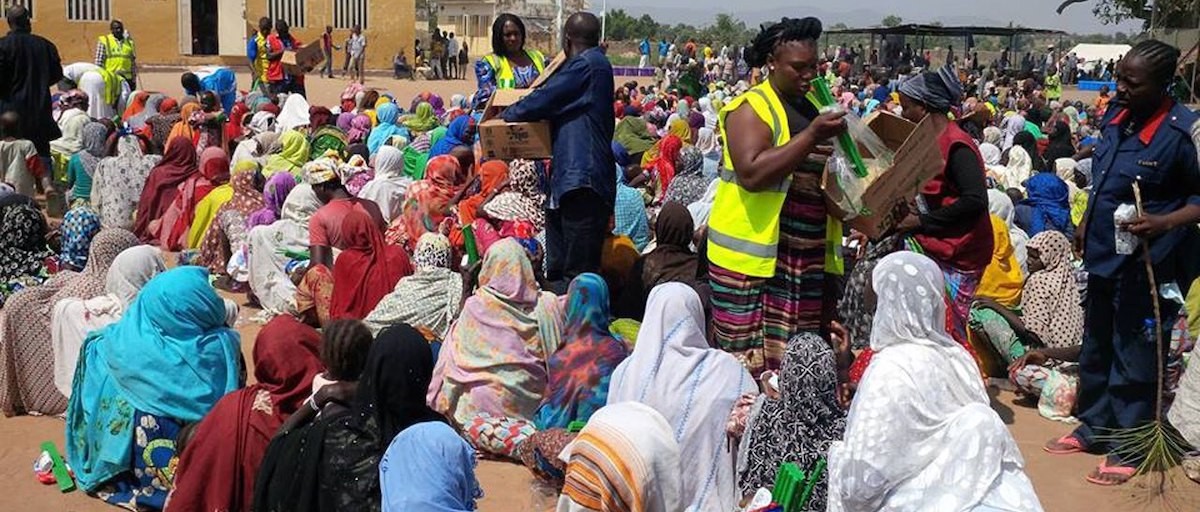Empathy’s Impact in Global Crises on World Humanitarian Day
- August 19, 2024
- Posted by: Hub Admin
- Categories: Conflict Resolution, Human Rights, Latest News & Events, Rule of Law and Access to Justice

By Nsikak Effiong
The current state of the world calls for humanity in its purest and most profound form, especially if we care about supporting and aiding the most vulnerable among us. Conflict, disputes, and hazardous challenges—whether man-made or natural—will always coexist with humanity. The best we can do is to mitigate their consequences while seeking ways to address these challenges for the betterment of individuals and the continuation of our existence.

According to the United Nations, 2023 was the deadliest year on record for humanitarian workers, and noted that 2024 could be even worse. It surmises that the world and by extension, state actors have failed the people they serve. According to the International Crisis Group, 2024 began with wars burning in Gaza, Ukraine, and Sudan and peacemaking in crisis. As of March 2024, it was estimated that more than 30,000 civilian deaths have included over 150 aid workers, an unprecedented number for a single context in such a short period. There have been tight restrictions on the inflow of aid which has exacerbated the debilitating conditions and desperation already faced by residents. According to the International Rescue Committee (IRC), the brutal conflict since April 2023 has forced millions of people to flee their homes, pushing the number of displaced people to around 12 million by June 2024. The vast majority—over 10 million people—remain within Sudan, representing the largest displacement crisis in the world. In Ukraine, the conflict which began in 2022, has led to loss of lives and displaced millions of people.
Aside from war-torn conflicts, environmental hazards and the impact of climate change have significantly affected the world. Renewed calls for discourse, justice, and aid highlight the urgency of addressing this existential threat. Women and children are often the most acute victims of these challenges, facing sexual violence, displacement, hunger, and the burdens of care- giving. Developing countries also disproportionately bear the costly aftermath of climate change, despite being the least responsible for its causes, which are primarily driven by developed nations.
As we celebrate this Humanitarian Day, we are reminded that as long as the world exists, so will humanity. And as long as humans exist, there will always be a need for humanitarian efforts and aid, manifesting through acts of kindness, empathy, financial support, and efforts to mitigate societal inequities. The world can never have too much humanity; we need more collective empathy and compassion in this unforgiving world.

It is a call for humanity to demand more from our leaders, who should not sacrifice their humanity on the altar of political and economic gain. Instead, humanity should anchor their decisions and thoughts, creating a balanced view and perspective. We should never shed our humanity, for if we do, we lose ourselves and our very essence. The future of our generation and the world may seem bleak, but as long as our humanity remains pure and untainted, there will always be hope for a just and equitable society.
